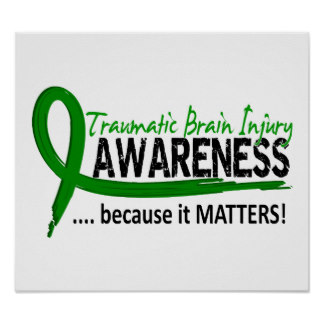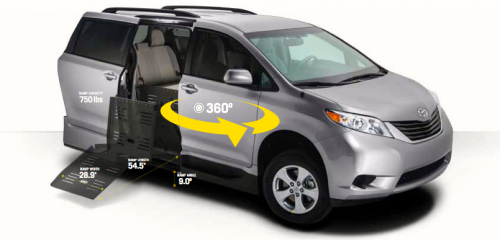
Mobility by Volvo is an extension of the Volvo philosophy that travels with you from your retailer to your driveway. Our goal is to assist you, providing you with transportation solutions found within the extraordinary comfort and safety of a specially adapted Volvo.
Mobility by Volvo Program Reimbursement
• Up to $1,000 toward the cost of adaptive equipment added to an eligible new Volvo
• Up to $200 on alert hearing devices
Maximum reimbursement is $1,000.*
Learn More About Mobility by Volvo
You may contact us to get your mobility equipment expertly installed:
Mobility by Volvo Program Flyer – Program Rules and FAQs
Contact us at VMi New England for access to a world wide network of Adaptive Driving Resources
Start the Reimbursement Process
To receive your reimbursement, you or your retailer must obtain a Mobility by Volvo Claim Form. You may contact the Mobility by Volvo Center at (800) 803-5222![Call: (800) 803-5222]() to request the Claim Form.
to request the Claim Form.
Eligible Adaptive Equipment*
“Adaptive equipment” includes all permanently installed mobility devices, necessary for a person with a physical disability to drive, or be transported in, a vehicle. Options available from the factory or the retailer for installation, such as running boards and power-assisted seats, are not considered eligible for reimbursement.
Although a Driver Assessment Center is likely your best authority on what is right for you or a family member, here are examples of adaptive equipment installations available for Volvo vehicles, approved by Mobility by Volvo:
•Driving Aids/Hand Controls
*Mobility by Volvo TERMS AND CONDITIONS:
•Offer is limited to $1,000 toward the cost of adding adaptive equipment, and $200 on an alert hearing device, per vehicle. Maximum reimbursement is $1,000. Offer only available to legal U.S. residents. Offer is not transferable.
•Offer only available for purchases of 2012 or 2013 model year new vehicles, properly retired courtesy cars, and retired demonstrators. Offer cannot be applied to the purchase of any other model year Volvo or Volvo courtesy car, models sold directly or indirectly outside of the United States, and/or VCIC (overseas delivery) program sales. Vehicles purchased as used are not eligible.
•Claims must be submitted within 180 days of vehicle purchase.
•Factory or retailer installation options, such as running boards and power-assisted seats, are not considered eligible for reimbursement.
•Offer cannot be used toward the cost of the purchase or installation of Volvo options or accessories, and the payment of sales tax. This offer is subject to federal, state and local taxes.
•Consumers should verify modification information and obtain complete modifier references before having the vehicle modified.
Volvo New Car Warranty
Damage caused by unapproved or improperly installed adaptive equipment, alert hearing devices and accessories will not be covered under the Volvo New Car Warranty. Owners should refer to the Volvo Warranty and Service Records Information booklet for additional warranty information. Volvo Cars of North America, LLC, assumes no responsibility for death, injury or expenses that my result from the installation of adaptive equipment, alert hearing device and non-genuine Volvo Accessories.
Note: The adaptive equipment listed above is subject to change and should be used for reference purposes only. Volvo Cars of North America, LLC, is providing this information for assistance and reference purposes only—no endorsement is intended. The quality of services and/or equipment provided by others can only be assured by the supplying organization. Consumers should verify information and obtain complete references before beginning any vehicle adaptation.





